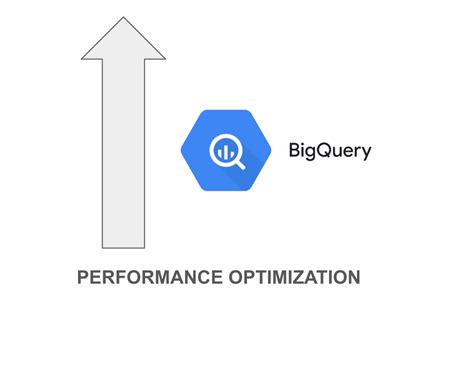Google Search Efficiency: Find Answers Faster with Long Queries
Are you tired of sifting through countless search results to find the information you need? Do you feel like Google isn't understanding your search intent? The secret to unlocking Google's power and finding answers faster lies in crafting more effective search queries. This article explores the advantages of using long-tail keywords and complex queries to significantly improve your search efficiency. We'll delve into the "why" and the "how," equipping you with the skills to become a Google search ninja.
Why Long Queries Outperform Short Keywords?
Short, single-keyword searches (like "shoes") are often too broad. Google returns millions of results, making it difficult to pinpoint what you're actually looking for. Long-tail keywords, on the other hand, are more specific phrases (like "best waterproof hiking shoes for women size 8"). They better reflect the nuances of your search intent, leading to more relevant and accurate results. This precision translates to faster information retrieval and less time wasted sorting through irrelevant information.
How to Craft Effective Long Queries?
The art of crafting effective long queries lies in understanding your needs and expressing them clearly. Here's a breakdown:
-
Be Specific: The more details you provide, the better. Instead of searching "car repair," try "car repair near me for Honda Civic 2015 engine light."
-
Use Question Words: Formulating your search as a question often yields more direct answers. Instead of "best Italian restaurant," try "what is the best-rated Italian restaurant near Union Square with outdoor seating?"
-
Include Modifiers: Add descriptive words to narrow down your search. For instance, instead of "dog food," use "best grain-free dog food for small breeds with sensitive stomachs."
-
Utilize Boolean Operators: These operators (AND, OR, NOT) allow you to combine keywords for more precise results. For example, "best running shoes AND waterproof AND under $100" will yield results meeting all three criteria.
-
Explore Related Keywords: Once you have a few initial results, pay attention to related searches Google suggests at the bottom of the page. These suggestions can provide valuable insights and help you refine your query.
What are the benefits of using long-tail keywords?
Long-tail keywords offer numerous advantages beyond simply improving search efficiency:
-
Increased Relevance: Long-tail keywords dramatically improve the relevance of search results, leading to a higher percentage of useful information.
-
Reduced Competition: Highly specific long-tail keywords usually have less competition, making it easier to rank highly in search results (if you're creating content).
-
Better Conversion Rates: Because the results are more relevant, users are more likely to find what they're looking for, leading to higher conversion rates (e.g., purchasing a product, booking a service).
-
Improved User Experience: A more efficient search experience leads to greater user satisfaction.
How do I incorporate long-tail keywords into my searches?
Think about what you're looking for and try to express your needs comprehensively. Don't be afraid to use multiple words and phrases to paint a clear picture of your search intent. Experiment with different phrasing and keywords to find what works best.
What if Google still doesn't understand my long query?
Even with detailed long-tail keywords, Google might not always understand your intent. In these cases:
-
Refine your Query: Try rephrasing your question or adding more specific details.
-
Use Advanced Search Operators: Google offers advanced search operators (site:, intitle:, inurl:) that allow for more fine-tuned searches.
-
Try a Different Search Engine: While Google is dominant, other search engines like Bing or DuckDuckGo might interpret your query differently.
-
Check the Search Results: Carefully review the top results. They often provide clues on how to better phrase your search.
Conclusion: Master the Art of Long Queries for Superior Search Efficiency
Mastering the art of crafting long and specific search queries is a valuable skill in today's digital world. By employing the techniques discussed in this article, you can significantly improve your Google search efficiency, saving valuable time and frustration. Embrace the power of long-tail keywords and unlock a more productive and satisfying online experience. Remember, the more precise your query, the more precise your results.

